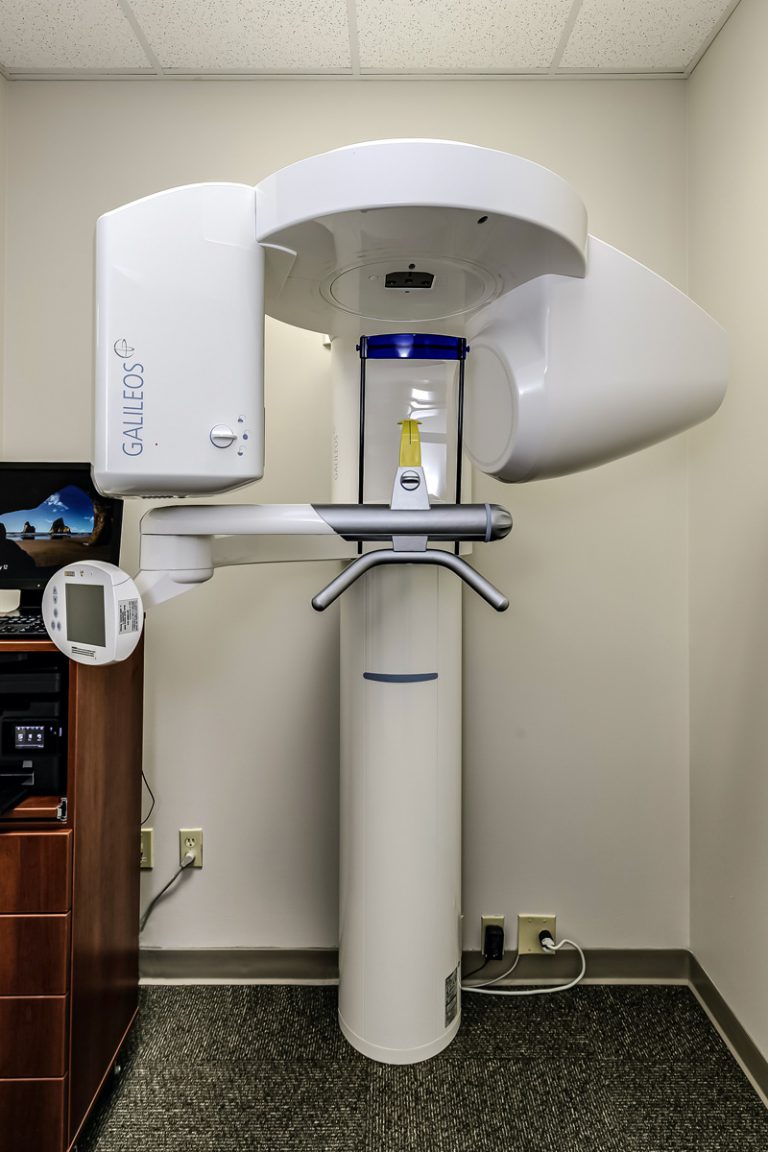To Buy Sinequan Online Visit Our Pharmacy ↓

Sinequan Vs
By striking a delicate balance between effective relief and managing side effects, Sinequan has cemented its legacy in the annals of pharmacy, embodying a beacon of hope for those entangled in the grips of insomnia. Initially approved as an antidepressant, Doxepin, the active compound in Sinequan, found its therapeutic reach extending into various realms of medicine. Several factors contributed to this shift, including the development of newer antidepressants with fewer side effects, improved safety profiles, and better tolerability among patients. Despite this shift, understanding the specific contexts in which Sinequan shows comparable or superior efficacy remains critical. As with many medications, weight gain can be a potential side effect. It primarily works by inhibiting the reuptake of serotonin and norepinephrine, thereby increasing the levels of these substances in the brain. Sinequan, known generically as doxepin, is a tricyclic antidepressant (TCA) that has been used for decades to treat depression and anxiety.
💊 Key Components of Sinequan for Depression Treatment
Understanding these factors can help individuals on Sinequan treatment be proactive in managing their weight and making informed decisions about their healthcare. Clinical trials soon underscored doxepin's efficacy in alleviating depressive symptoms, leading to its approval by the FDA in 1969 under the brand name Sinequan. Traditional antidepressants have been used for decades to relieve symptoms of depression and other related mental health conditions. Additionally, engaging in open dialogues about your health history can pinpoint potential interactions, ensuring that this script is the right fit for you. In considering the future perspectives on Sinequan, it is essential to acknowledge the continuous evolution of pharmacological treatments and the dynamic nature of mental health care. Many patients have turned to Sinequan with hopeful hearts and witnessed significant improvements. By staying informed and proactive, you can navigate the side effects of Sinequan more confidently.
Navigating the Dosage: Finding Your Optimal Balance
Weight gain is a potential side effect of Sinequan treatment, although it does not affect all individuals. Its utility in helping patients with insomnia highlighted the drug's sedative properties, offering a dual benefit for those struggling with both sleep disturbances and depression. While newer antidepressants are often preferred for their more tolerable side effects and safety in overdose, Sinequan still holds a place in treatment regimens, particularly in cases where patients may not respond to newer agents or when specific symptoms such as chronic pain or insomnia are present. The most commonly reported ones include drowsiness, dry mouth, blurred vision, dizziness, and constipation. The expanded use of Sinequan underscored the complex interplay between neurotransmitters and various mental health issues. The Pros and Cons of Traditional Antidepressants:. Further inquiry and research suggested that doxepin's effects on the central nervous system could extend beyond mood regulation, offering pain modulation by influencing neurotransmitters that are also involved in the pain signaling pathways.
Impact of Sinequan on Neurotransmitters
When you take Sinequan, it primarily targets neurotransmitters like norepinephrine and serotonin, which are crucial for mood regulation. The effectiveness of Sinequan lies in its ability to target specific neurotransmitters in the brain, regulating mood and emotions. The medical community's perspective on Sinequan is a blend of respect for its historical significance and caution due to its side effect profile. Research is varied, with some clinical trials demonstrating moderate success in alleviating pain symptoms, thereby improving patients' sleep and quality of life. Upon receiving your script for Sinequan, it’s crucial to lace this comp into your evening routine harmoniously. Factors to consider include the severity and type of your symptoms, previous treatment experiences, and any potential side effects that you may be prone to. Its ability to treat a wide array of psychological and dermatological conditions, while simultaneously providing relief for insomnia, stands as a testament to Sinequan's multifaceted utility in the field of psychiatry and beyond.
Potential Side Effects and Risks of Sinequan
Before experiencing the benefits of Sinequan, many patients describe their lives as darkened by a relentless fog of depression, anxiety, and chronic insomnia. Unlike their predecessors, which often had a broad and somewhat unpredictable impact on the nervous system, these newer drugs target specific neurotransmitters in the brain, such as serotonin, norepinephrine, and dopamine. When dealing with the potential side effects of Sinequan, it's essential to be prepared with effective coping strategies. However, its side effect profile and potential for drug interactions necessitate careful patient selection and monitoring, underscoring the evolving nature of psychiatric care. Its discovery was a byproduct of the search for more effective treatments that surpassed the efficacy of first-generation antidepressants. This expansion of applications demonstrates the drug's continuing relevance in contemporary medical practice. Such adverse effects often contrast with the side effect profile of newer antidepressants, notably SSRIs (Selective Serotonin Reuptake Inhibitors) and SNRIs (Serotonin and Norepinephrine Reuptake Inhibitors), which typically present with nausea, insomnia, sexual dysfunction, and sometimes agitation.
Introduction to Sinequan and Its Medical Uses
Its unique chemical structure and pharmacological profile lend it versatile applications. By delving into the nuances of how Sinequan interacts with the brain's chemical messengers, healthcare providers can better anticipate and manage the outcomes for patients. Sinequan, a tricyclic antidepressant, brings significant benefits for anxiety relief by restoring the balance of certain natural substances in the brain, such as serotonin and norepinephrine. By closely following your healthcare provider's sig - instructions on how to take this medication, you can steer clear of the more severe impacts. Furthermore, its application in the management of chronic pain and anxiety disorders showcased the adaptability of Sinequan in addressing both the psychological and physiological aspects of these conditions. Its role has evolved from a widely used antidepressant to a niche medication for specific conditions. These serious side effects require immediate attention to prevent further complications and ensure the safety of the individual.
Important Considerations before Starting Sinequan Treatment
As understanding of this condition deepens, the imperative to address it stat becomes clear, shifting not just hours of sleep but transforming lives with each night's rest reclaimed. Finally, discussing any concerns or potential alternatives with your healthcare professional is crucial, as they can provide personalized advice and recommendations. Approved by the FDA, Sinequan has gained recognition for its multifaceted benefits beyond just treating depression. Some patients describe a gradual decrease in pain, facilitating a return to activities they love but had to abandon. Another important factor to consider is the presence of any underlying medical conditions. Start with the lowest effective dose to minimize potential side effects, and avoid consuming alcohol as it can increase drowsiness. When considering the use of Sinequan for sleep disorders, it is crucial to follow your healthcare provider's guidance to acheive optimal results.
Understanding Sinequan: What Is This Medication?
This medication works by affecting certain chemical messengers in the brain, primarily norepinephrine and serotonin. b) Changes in metabolism: Sinequan can also impact metabolism, slowing it down and potentially causing weight gain. The struggle extends beyond the individual, often exerting a substantial economic toll due to increased healthcare utilizations and lost productivity. Sinequan, a tricyclic antidepressant (TCA), has distinct mechanisms from the latest generation of antidepressants, primarily SSRIs and SNRIs. Sinequan, known generically as doxepin, is a tricyclic antidepressant that also exhibits significant sedative properties, making it highly effective for managing insomnia. As mental health professionals strive to provide holistic and effective treatment plans, the role of older medications like Sinequan highlights the balance between embracing innovation and recognizing the value of established therapies. This helps reduce anxiety symptoms, promoting a sense of calm and emotional stability.
Real-life Success Stories: Sinequan for Anxiety and Insomnia
Doxepin, originally approved for treating mood disorders like depression and anxiety, has since found widespread use in a variety of settings owing to its pharmacological properties. After her doctor handed her the hard copy of the Rx, she filled it immediately, feeling a glimmer of hope. This nuanced modulation not only aids in initiating sleep but also helps in maintaining uninterrupted sleep cycles, ensuring users can wake feeling refreshed. Its chemical structure, similar to that of other tricyclic antidepressants (TCAs), suggested it might possess similar therapeutic benefits. These can range from the mild, such as dry mouth and dizziness, to more serious concerns that require immediate attention. c) Sedation: Sinequan is known for its sedative properties, and the drowsiness it induces can lead to reduced physical activity and a more sedentary lifestyle, both of which can contribute to weight gain. Individual stories illuminate the transformative impact of this medication.
The Evolution of Antidepressants: Doxepin's Role
Among these, its potency as a sedative and hypnotic has popularized its use in the management of insomnia, especially in lower doses which minimize anticholinergic side effects. Its mechanism involves increasing the levels of certain neurotransmitters in the brain, such as norepinephrine and serotonin, which help improve mood and emotional stability. It’s crucial to monitor your symptoms and communicate with your healthcare provider. Originally classified as an antidepressant, it is highly effective for those struggling with sleep disorders due to its ability to enhance certain neurotransmitters, helping to maintain a state of calm. These are often temporary and can be managed with simple interventions. This evolution reflects a deeper understanding of mental health conditions and a commitment to offering more nuanced and sophisticated treatment options to individuals suffering from depression, heralding a new era in the management of mental health. The development of precision medicine, tailored to an individual's genetic makeup, is set to redefine treatment protocols, making them more effective and with fewer side effects.










































